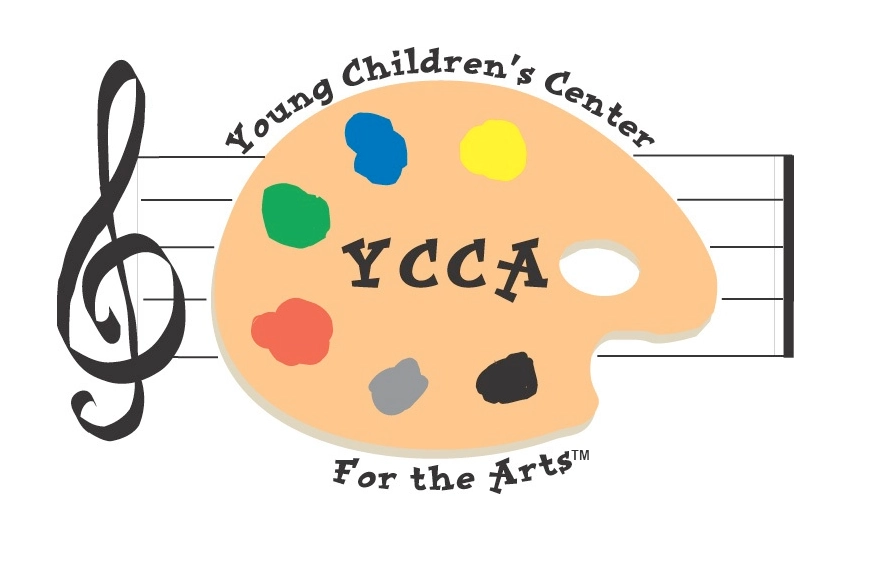Inclusion Program

Encouraging Social Skills through Creative Arts Therapy
An Inclusion Program is created to help children of all abilities grow socially and emotionally while feeling safe, supported, and part of a community. At YCCA, we welcome every child with open arms and are committed to working closely with families, therapists, and support teams to help each child succeed within our program.
Below, you will find the key practices and philosophies we follow when supporting children with special needs. While we are dedicated to being as accommodating as possible, these practices are non-negotiable and must be respected should you choose to enroll your child at YCCA or YCCAon2. They ensure we maintain a consistent, nurturing environment for all children in our care.
YCCA Practices & Philosophy
Use of Aversion Stimulus
YCCA does not use unpleasant consequences to force compliance. Such methods are only considered in extreme safety cases and always with parent agreement.
Singling Out in Class
Inappropriate behavior is addressed privately and individually. Staff never corrects or disciplines a child in front of peers or uses shame as a teaching method.
Forced Desensitization or Exposure
YCCA never forces desensitization or exposure to any stimuli that could be harmful or distressing to a child.
Earning Sensory Breaks
Children are encouraged to participate in classroom activities according to their attention span and interests. Breaks are offered whenever a child demonstrates a need, typically within the classroom for ratio compliance. When possible, a supervised break outside the classroom may be allowed.
Withholding Attention or Affection
YCCA staff never withholds attention or affection as a means of behavior control or compliance.
Withholding Comfort or Regulation Items
Comfort and regulation items remain available to children at all times, unless a safety concern requires temporary removal.
External Rewards and Motivation
YCCA does not rely on external rewards. Teachers use natural “if-then” reasoning and positive reinforcement to help children understand the outcomes of their choices and build intrinsic motivation.
Food Reinforcers
Food is not used as a behavioral reinforcer except when explicitly included in an IEP or requested by parents or healthcare professionals.
Verbal Communication
Teachers never force verbal communication. All forms of expression—spoken, gestural, or through assistive technology—are respected and encouraged.
Stimming and Sensory Behavior
Non-harmful stimming is never stopped unless it is a documented goal within an IEP. Sensory tools and stimming activities are freely accessible to all students.
Suppressing Stims
YCCA does not suppress vocal or body stims unless this is part of an IEP goal or a parental request. If a stim becomes disruptive, the child may be invited to a quiet, safe space to self-regulate.
Physical Prompting
Teachers model skills and provide gentle guidance, avoiding hand-over-hand assistance unless the child assents and it is necessary for safety or instruction. Music therapy sessions will utilize hand over hand when playing instruments that are novel to the child or to help create a more comfortable sound for all the children in the group. We will always ask for consent prior to performing hand over hand guidance.
Physical Restraints
Physical restraint is never routine. It is reserved for situations where immediate safety is at risk. Staff first attempt redirection or planned ignoring, and restraint is only used when all else fails.
‘Quiet Hands’ and ‘Whole-Body Listening’
Although these are common classroom practices, YCCA does not require them of children who benefit from movement for regulation and focus.
Play and Exploration
All play is valid and valuable. Teachers supervise to ensure that play remains appropriate, safe, and inclusive of every child’s interests.
Social Interaction
No child is forced to participate in social interactions. Children are encouraged to engage with peers and build friendships naturally, according to their comfort level and readiness.
Language and Compliance
YCCA avoids negative labels such as “non-compliant.” Teachers instead emphasize cooperation and highlight the benefits of participation and teamwork.
Neurodiversity Affirmation
YCCA embraces neurodiversity and honors each child’s identity and strengths. Educational goals are guided by each student’s IEP, with an emphasis on inclusion and respect.
Agency and Environment
Children have agency in their learning experience. While the classroom cannot be adapted to every individual preference, the environment is flexible and responsive to diverse needs.
Bodily Autonomy and Consent
Bodily autonomy is respected at all times. Physical manipulation is never forced; consent and comfort are always prioritized.
Teaching Consent Early
YCCA helps children understand that their bodies belong to them and encourages them to communicate their boundaries respectfully.
Every Child Has Value
No child is ever seen as a burden. Every student is valued, appreciated, and reminded of their importance within the YCCA community.
Room for Objection
Children are allowed to express disagreement or objection unless safety is at risk. Teachers guide these moments as opportunities for communication and problem-solving.
Skill Development and Growth
YCCA focuses on building self-advocacy, social-emotional development, and life skills rather than mere compliance.
Caring About Feelings
Teachers prioritize emotional well-being. Students’ feelings are acknowledged and addressed with empathy and understanding.
Understanding Behavior as Communication
Staff view behaviors as forms of communication. Teachers work to identify the underlying needs and respond in supportive, constructive ways.
Intrinsic Motivation
Confidence and internal motivation are fostered through meaningful connections, not through external control or pressure.
Scripting and Stimming as Expression
Scripting and stimming are accepted as natural, self-regulating forms of expression, especially when reflected in a child’s IEP.
Play as Learning
Preferred activities and interests are integrated into play and learning. When play becomes inappropriate or unsafe, teachers gently redirect and model positive alternatives.
Acknowledging Emotions
Children’s emotions are validated and supported. Staff help children navigate strong feelings in healthy, developmentally appropriate ways.
Direct Instruction
Teachers use clear, explicit, and non-judgmental instruction when children are calm and receptive to learning.


